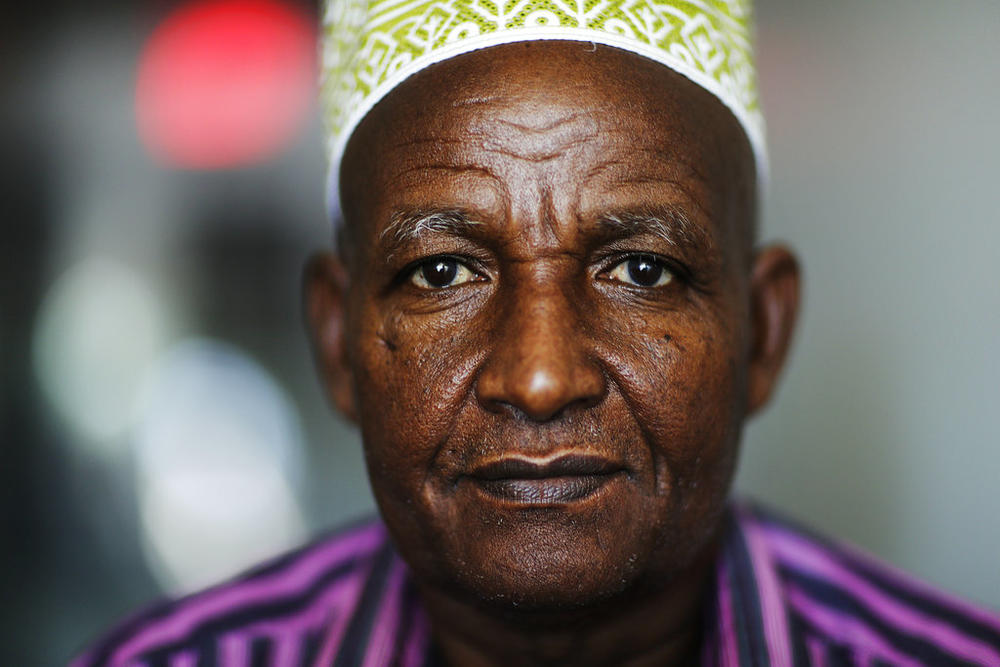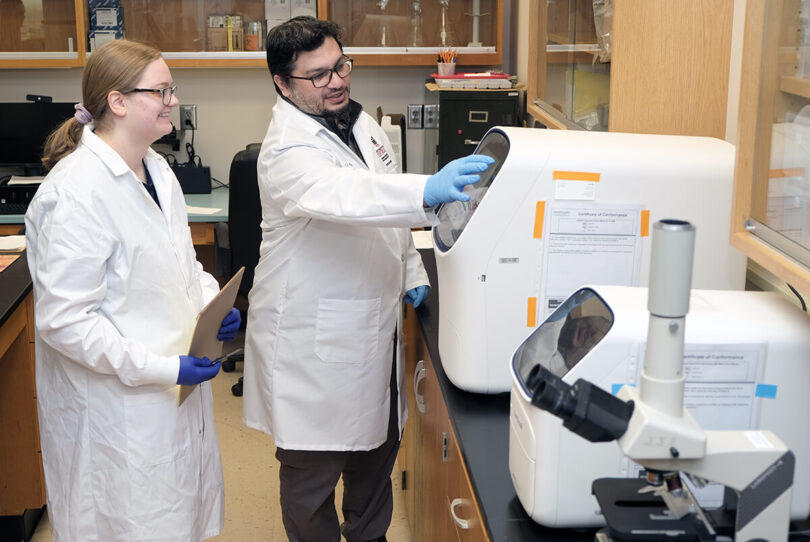
Caption
Somalian refugee Mohamoud Saed sits for a portrait in Clarkston, Ga., in 2017. In 2022, a Centers of Disease Control and Prevention report said the threat of antimicrobial-resistant infections has worsened — and the refugee community is most at risk.
Credit: (AP Photo/David Goldman)


